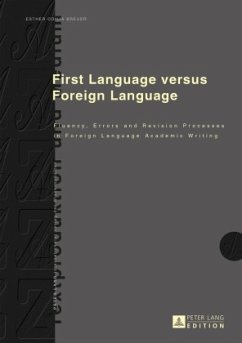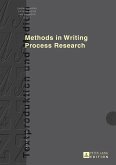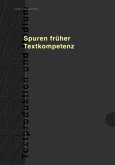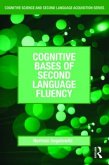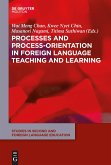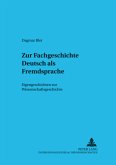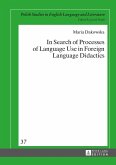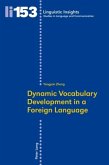First Language versus Foreign Language deals with the «battle» that takes place in writers' heads when writing in a foreign language. Most academics today need to write in another language than in their first language (L1) in order to publish in internationally recognized journals. However, as writing research has shown, writing in a foreign language (FL) presents difficulties. The study compares L1 and FL writing, analysing written texts and the writing processes in terms of fluency, errors and revision. It takes a closer look at the «battle» between the L1 and the FL and offers useful insight. The findings allow a glimpse at the processes that take place in the brain, calling for new didactic approaches to FL writing.
«Nous ne pouvons que recommander vivement la lecture de cet ouvrage très bien documenté, construit de façon rigoureuse et rédigé dans une langue claire et précise. Il rend sensible aux enjeux de la maîtrise des langues pour les travaux universitaires. Cela s'adresse aux linguistes de tous bords, aux didacticiens, aux spécialistes de sciences cognitives, et tout simplement aux pédagogues qui souhaitent inculquer les rudiments d'une langue étrangère à des apprenants non bilingues, ce qui en somme est le cas le plus fréquent dans nos universités et classes préparatoires.»
(Gilbert Magnus, Nouveaux Cahiers d'Allemand 1/2016)
(Gilbert Magnus, Nouveaux Cahiers d'Allemand 1/2016)

